Raising children is a long and difficult journey. To raise a happy, healthy, intelligent child, parents need to spend time and effort to teach their children seriously.
Japanese parenting culture is unlike any other country in the world . They rarely pamper their children but encourage them to be independent from an early age. Below are some Japanese parenting rules.
1. The close relationship between mother and child
Japanese mothers have a deep emotional connection with their children. When their children are young, they often sleep with them and spend a lot of time with them. They often praise and approve their children's wishes to create conditions for them to learn and explore the world.
When their children are 5 years old, Japanese mothers begin to train their children to be independent, allowing them to make decisions and do what they want within limits.
The deep relationship between mother and child is summarized in the term "amae" which refers to the bond and the deep desire in each person's heart to be loved. Amae is expressed through the fact that Japanese children always have a solid foundation of love from their parents and when parents are old, they are cared for and looked after by their children with care and concern.
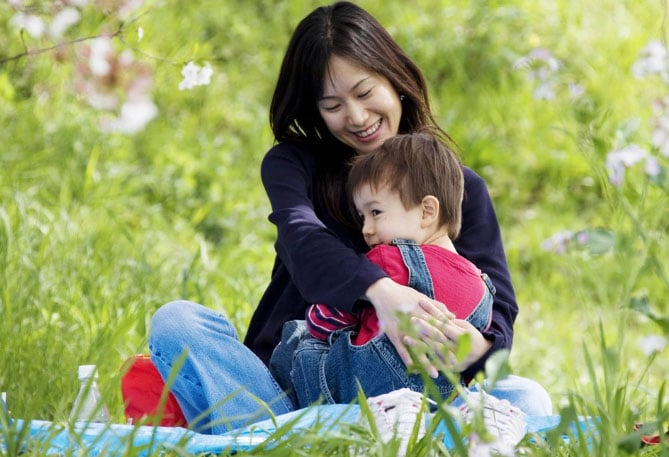
Japanese mothers have deep emotional connections with their children. Illustration photo
2. Japanese children are raised equally
Not long ago, a video of Japanese students cleaning their classroom went viral on social media and left netizens in awe. The reason is because it was not just a regular video of students doing their homework, but a Japanese culture.
From a young age, children are taught about equality and it is not uncommon to see even children born with a silver spoon in their mouths attend the same schools or participate in the same activities as other children.
In Japanese philosophy, children are raised with the value of submission and are taught to put aside personal interests and put the interests of the community first. In this way, children can learn the values of living together in a society and equality from an early age.
3. Rarely mention your child to others
While most parents often share their difficulties in raising children, Japanese parents are different. They only share their children's problems with family members.
In addition, they tend not to talk much about their children’s activities to others. Telling others that their children go to this school, play for that football team, etc. can be seen as bragging, just seeing the uniform the children wear will tell.
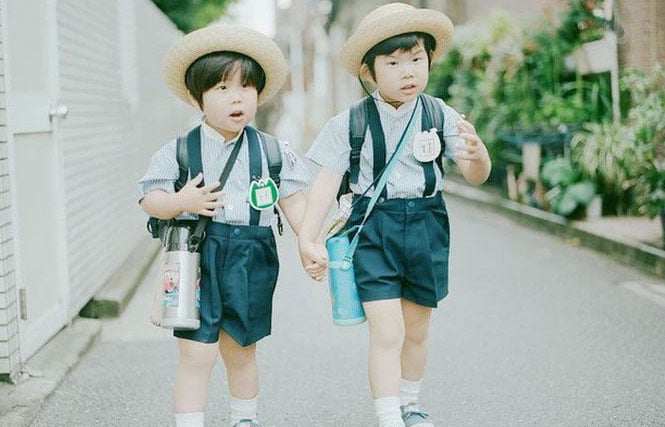
Japanese parents only share their children's problems with family members. Illustrative photo
4. Parents are role models for their children to follow.
A unique point in the way Japanese parents educate their children is that they do not force their children to do what they want. When they want to shape and practice certain virtues in their children, parents will set an example themselves to help their children recognize right from wrong, and from there find the right way to do things and have the right attitude.
5. Always pay attention to your child's feelings
Paying attention to the mental and emotional state of children is also very important in addition to physical development. Japanese parents always show love and encouragement when caring for their children, but when they do something wrong, they are still disciplined very strictly.
Furthermore, children are taught to be positive and to control their emotions, which is important for them to survive well in this harsh society.
6. Respect family values
Japanese parenting culture values nature and family. They consider a picnic under a cherry tree an important event.
Parks and gardens in Japan are elaborately designed and meticulously managed. Children can run around freely. No matter how busy parents are, they usually spend time with their families on the weekends.
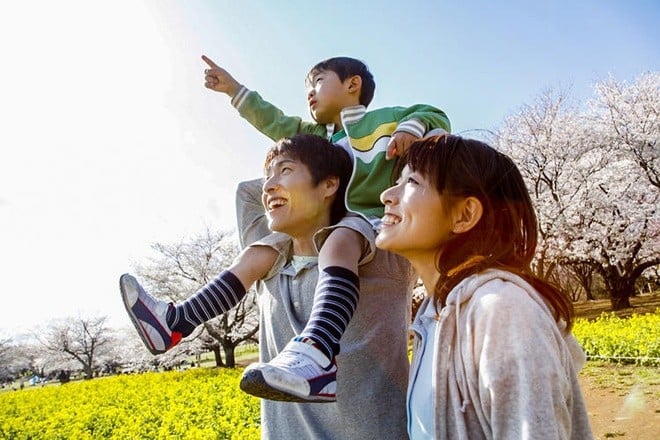
Japanese parenting culture values nature and family. Illustrative photo
7. Don't believe in compliments
Most parents love to brag about their children’s achievements to others, but it is rare to see a Japanese parent doing the same. This is because Japanese children are taught to be independent and disciplined in any situation, without depending on praise or admiration from others.
8. Fairy tales are not jokes
The Japanese love to share myths and legends with their children. There are many interesting festivals held throughout the year, such as Tengu Matsuri, which honors a long-nosed goblin, and Setsubun, a festival where evil spirits are chased away by throwing handfuls of beans.
Source: https://giadinh.suckhoedoisong.vn/8-nguyen-tac-day-con-day-tinh-te-va-thong-minh-cua-nguoi-nhat-khien-ca-the-gioi-phai-nga-mu-172240624152512989.htm




![[Photo] Cat Ba - Green island paradise](/_next/image?url=https%3A%2F%2Fvphoto.vietnam.vn%2Fthumb%2F1200x675%2Fvietnam%2Fresource%2FIMAGE%2F2025%2F12%2F04%2F1764821844074_ndo_br_1-dcbthienduongxanh638-jpg.webp&w=3840&q=75)







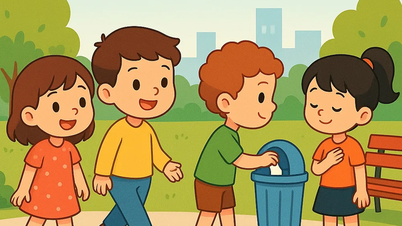




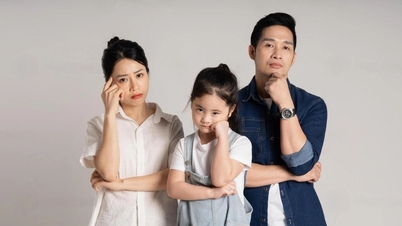







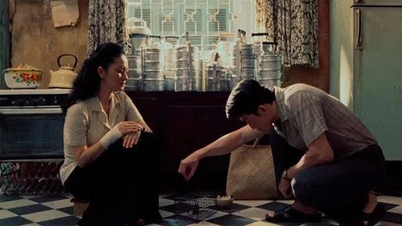












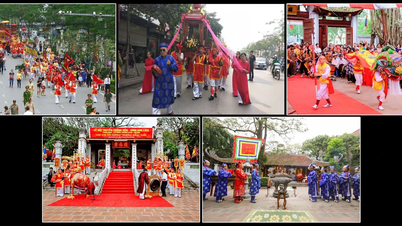




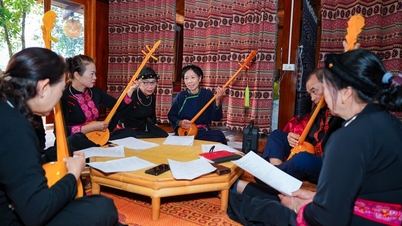



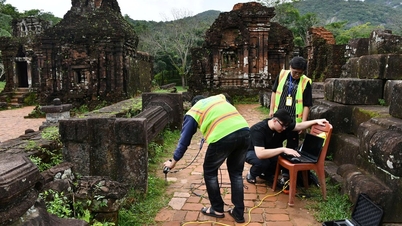







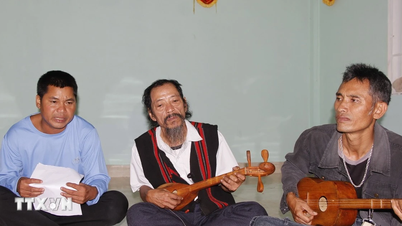
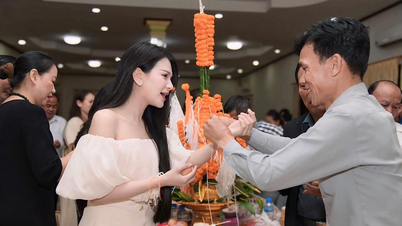






![[VIMC 40 days of lightning speed] Da Nang Port: Unity - Lightning speed - Breakthrough to the finish line](https://vphoto.vietnam.vn/thumb/402x226/vietnam/resource/IMAGE/2025/12/04/1764833540882_cdn_4-12-25.jpeg)
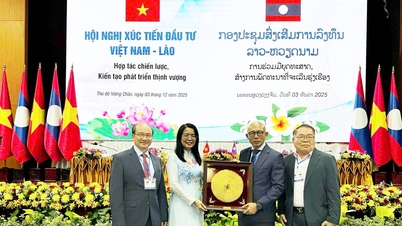







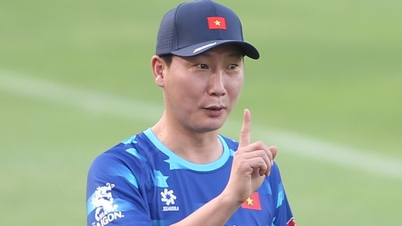




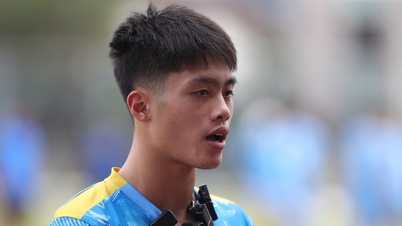
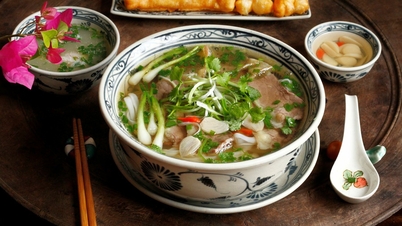






























Comment (0)